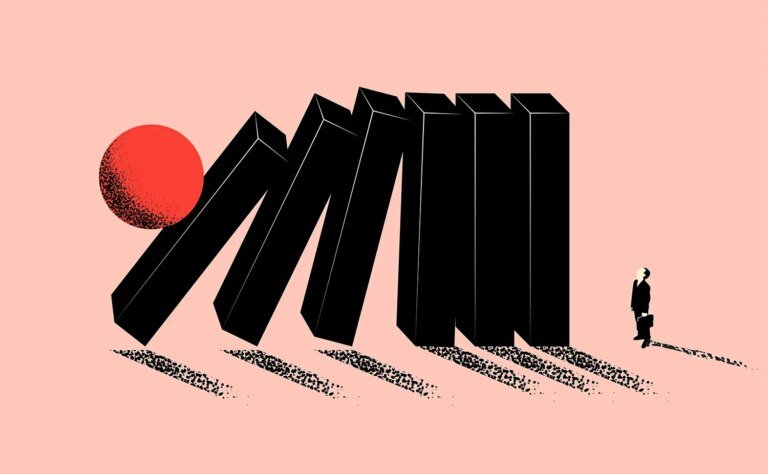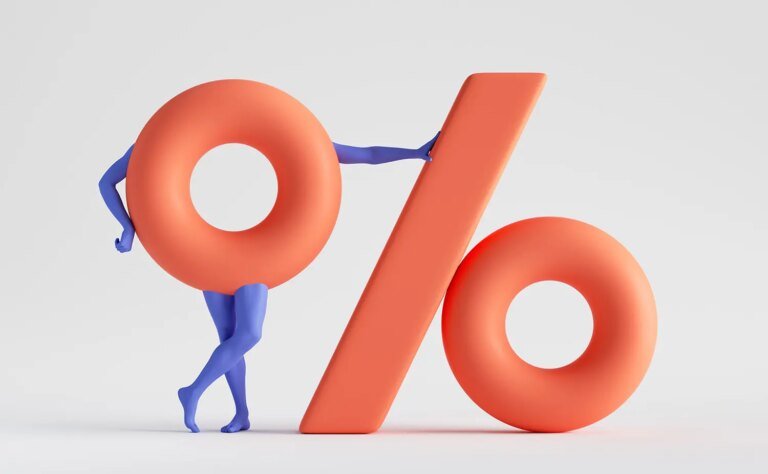Treatment For Anxiety Disorder
The symptoms of anxiety tend to vary from person to person as it’s a highly subjective experience. Anxiety becomes pathological when it starts to interfere with an individual’s everyday life including their social, occupational, or other important areas of functioning. The feelings of anxiety are often accompanied by worried thoughts / tension, nervousness, panic or physiological symptoms such as palpitations, sweating, hyperventilation etc.
Treatment For Anxiety
What Does Alcohol Withdrawal Look Like?
- Psychotherapy: Cognitive behavioral, exposure therapy, supportive and insight oriented psychotherapy approaches can be utilized to manage symptoms of anxiety.
Relaxation and bio-feedback are an essential part of the behavioral approach of treatment. - Prescribed medications: bennzodiazapines, beta blockers, MAO inhibiters, etc. are some of the commonly used group of drugs that can be prescribed by a psychiatrist to manage the symptoms.
- Vagus nerve stimulation: vagus nerve is connected to many areas of the brain, it has been studied as a way to indirectly deliver impulses to deeper areas without being invasive. Simple exercises like: three part breathing, cold water immersion, oral exercises, box breathing, gargling, humming, etc.
Lifestyle & Wellness
- Our approach
Inpatient vs. Outpatient: Which is Right For Me?
Exercise:
It triggers the release of certain chemicals in the brain, as well as help in channeling the excess or built up energy and/or restlessness due to anxious thoughts and feelings.
Nutrition:
studies have shown that adding certain foods that includes nutrients such as omega-3 fatty acids, zinc, magnesium, and vitamin B, and reducing intake of caffeine and alcohol can help with the symptoms.
Relaxation Techniques:
Many methods help people relax, including guided imagery (listening to a script to visualize calm environments) and breathing exercises for slowing the heart rate and focusing thoughts. Another method, progressive muscle relaxation, involves tensing and releasing different muscle groups throughout the body.
Self help:
involves steps that an individual can take for self care, that may help in some less severe cases, for example, get enough sleep, learn about one’s triggers, practicing a healthy life style, journalling, aroma therapy, indulging in hobbies and interests, etc.
An ideal luxury anxiety treatment center seamlessly blends opulent amenities with cutting-edge treatment for anxiety, offering a tranquil sanctuary for healing. From plush accommodations to personalized diet plans, every aspect is meticulously crafted to nurture the mind, body, and spirit. Expert clinicians employ evidence-based therapies, personalized to each individual, fostering a sense of empowerment and progress. Serene surroundings and holistic modalities further enhance the therapeutic journey, promoting holistic well-being. At the pinnacle of anxiety treatment centers, luxury meets efficacy, creating an unparalleled environment for transformation and renewal.
Pathways stands out as the premier choice for those seeking luxury rehab for anxiety, with a commitment to excellence in both care and comfort. With our renowned team of expert clinical consultants and a dedication to personalized, evidence-based therapies, we offer a path to healing that combines opulence with efficacy, ensuring a transformative experience like no other.

Treatment Phases
Comprehensive Mental and Medical Assessments
Clients undergo a thorough orientation followed by comprehensive medical, psychiatric, and nutritional evaluations conducted by expert consultants. These evaluations help establish a clear understanding of each client’s physical and psychological state, facilitating the development of tailored treatment plans. Psychological assessments are conducted to understand the specific needs of each client, leading to psychoeducation sessions that enhance clients’ understanding of their depression and initiate various therapeutic techniques.
Psychoeducation and Initial Adjustment
During this phase, clients receive personalized sleep schedules, daily routines, and dietary plans based on their initial assessments. These plans are developed collaboratively to support clients’ physical and mental adjustment. Psychoeducation continues, helping clients understand their anxiety disorders and the steps necessary for managing their symptoms.
Psychotherapy
Individual Therapy:
Tailoring treatment to address specific issues the patient is facing, applying evidence-based therapeutic techniques to real-life situations, and working on individual goals like reducing anxiety symptoms, improving coping mechanisms, and enhancing emotional regulation.
Group Skills Training:
Helps learn practical skills in a group setting to manage anxiety, relationships, and stress. Typically involves weekly sessions, each lasting about 1.5 hours, with a group of individuals.
- Stages of Psychotherapy:
Stage 1: Reducing Acute Anxiety Symptoms
The initial stage focuses on reducing acute anxiety symptoms such as panic attacks, excessive worry, and physical symptoms like rapid heartbeat or sweating. Techniques such as relaxation exercises, breathing techniques, and immediate coping strategies are introduced.
Stage 2: Cognitive Restructuring
Once the acute symptoms are managed, the next stage involves cognitive restructuring. This helps clients identify and challenge irrational or negative thought patterns that contribute to their anxiety. Techniques such as Cognitive Behavioral Therapy (CBT) are commonly used.
Stage 3: Exposure Therapy
This stage involves gradual exposure to anxiety-provoking situations in a controlled and safe manner. The goal is to reduce avoidance behaviors and help clients build confidence in managing their anxiety triggers.
Stage 4: Sustaining Recovery and Long-Term Coping Strategies
Phase 4: Preparing for Discharge
Therapists work with clients to develop a comprehensive relapse prevention plan and address reality adjustment issues. This ensures that clients are prepared for the outside world and can effectively apply the techniques learned during therapy.
Phase 5: Post-Discharge
Follow-up sessions are scheduled to monitor clients’ progress and provide ongoing support. These sessions are crucial for ensuring long-term recovery and well-being, helping clients maintain the gains achieved during treatment.
- Daily Holistic Practices
To support your recovery, we offer daily sessions in:
- Yoga and Meditation: Facilitated by a mindfulness expert to enhance physical and mental well-being.
- Exercise Programs: Tailored to your fitness level and preferences to boost overall health.
Additionally, we provide holistic and alternative therapies (available at an additional cost) such as:
Sound Healing: Utilizes therapeutic sound waves to reduce stress, promote relaxation, and improve mental clarity by balancing the body’s energy fields.
Art Therapy: Encourages creative expression to help clients process emotions, reduce anxiety, and improve mental health through guided artistic activities.
- Reiki: A form of energy healing that helps balance the body’s energy, promotes relaxation, reduces stress, and supports overall well-being.
- Additional Support
We provide various alternatives to support recovery and have a 24/7 center administration team that monitors and manages any additional addictions, helping clients gradually reduce their consumption.
- Family and Couple Interventions
Understanding the importance of social support, we offer family and couple interventions during weekends or based on availability to foster understanding and support outside the center.
Still Have Questions? Check Out Our FAQ’s
What's the best treatment for anxiety?
The best treatment for anxiety includes a combination of: Cognitive-behavioral therapy (CBT):A highly effective form of therapy that helps individuals identify and change negative thought patterns and behaviors. Medications:Such as selective serotonin reuptake inhibitors (SSRIs), benzodiazepines, and beta blockers. Lifestyle changes: Regular exercise, healthy diet, and adequate sleep. Mindfulness and relaxation techniques: Such as meditation, yoga, and deep-breathing exercises.
Can you fully recover from major depressive disorder?
Luxury anxiety treatment centers offer several advantages: High-quality facilities: Comfortable and serene environments that promote healing. Personalized care:Tailored treatment plans designed to meet individual needs. Holistic approaches:Access to alternative therapies such as acupuncture, massage, and nutrition counseling. Privacy and discretion:Ensuring confidentiality and a peaceful recovery process. Comprehensive services:Including medical, psychological, and recreational support.
What are the amenities typically offered at luxury depression treatment centers?
Luxury depression treatment centers typically offer a range of high-end amenities to enhance the comfort and well-being of their clients. These amenities often include private rooms or suites, gourmet meals prepared by professional chefs and additionally, they may provide holistic therapies like yoga, acupuncture, and meditation, along with recreational facilities such as swimming pools, fitness centers, and scenic outdoor spaces. These centers often emphasize a serene and upscale environment to promote healing and recovery.
For a Thorough, Affordable Alcohol Detox Center
Call Us Any Time.





